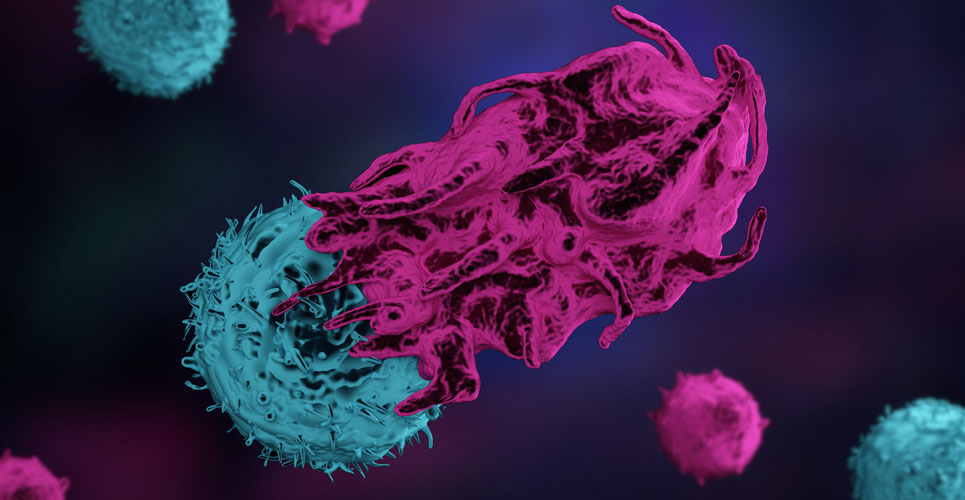Chimeric antigen receptor T-cell (CAR-T) therapy has generated promising results in the research setting in the field of onco-haematology and is now approved in Europe for the treatment of lymphoma.
However, prescribing, dispensing, and administration may constitute a challenge to hospital pharmacy services in some countries.
This article describes the indications and toxicities of this immunotherapy and reviews current guidelines for patient monitoring and follow-up, as well as the specific regulatory framework in Spain.
The contributions of pharmacists to improve communication between all members of the interdisciplinary care teams and to implement effective and safe processes for this complex therapy are also are addressed. The authors cover training and resource needs, selection and purchase, lymphocyte collection, receipt and infusion of the engineered cells, and conservation.
Chemotherapeutic conditioning and lymphodepletion are discussed, as well as protocols for pharmacovigilance and management of serious adverse events, focusing on the specific responsibilities of pharmacists at the different stages of treatment.
Finally, the authors highlight the importance of pharmacists in reporting outcomes in the European Registry of the European Society for Blood Marrow and Marrow Transplantation Cellular Therapy, with the goal of determining the therapeutic value of these medicines in the real-world.

